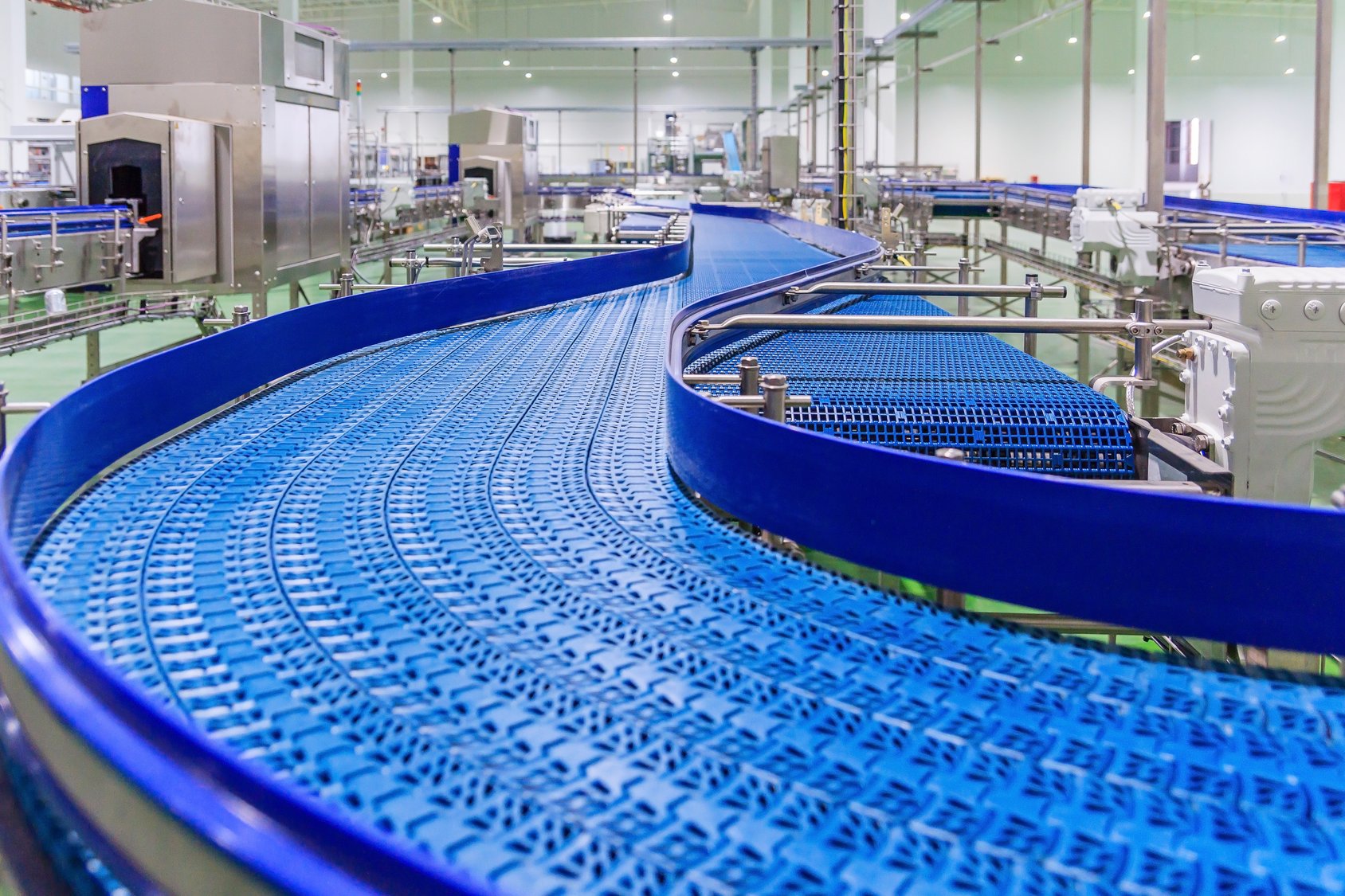A little background first…
ERP software is a tool that supports business processes and workflows. Some ERP software systems are generic while others are designed for particular industries. Visual South focuses on the manufacturing industry and our ERP solutions are designed for manufacturing companies—more specifically, order-driven manufacturers. Our customers are typically make-to-order, configure-to-order, engineer-to-order, make-to-stock, or a combination of all of the above. So, the ERP processes and workflows I cover in this article are primarily targeted toward manufacturing companies and their software.
ERP workflow versus process versus best practices…
I talk with people every day about ERP and hear different terms that mean the same thing, so it is important to understand the difference between some commonly used terms. Let’s start with workflow. In a lot of ERP solutions, there is an ERP workflow “engine” that controls the stream of work at your particular company. An example of this is purchase order approval. Almost all ERP solutions allow users to create purchase orders, but workflow would be used to control the approval of those purchase orders. Company A might let their purchasing team buy anything up to $5000 without higher approval, but Company B might have a higher purchase threshold of $25,000 without approval. A workflow tool would route the P.O. to the proper person for their approval before the document continues through the process. Both companies are using the ERP system to manage purchases, but they need workflow to enforce their company rules of how purchase orders are approved and who approves them.
Related: Infor Visual ERP Review
The ERP process part is driven by “standard” functionality in the software. For example, certain pieces of information are needed to create a purchase order, like the vendor name, item name, item quantity, expected delivery date, etc. The ERP requires adherence to the process, so users do not leave out critical or required information.
Different ERP solutions have different levels of personalization when it comes to processes. This is where the rubber hits the road during implementation. Typically, companies design new processes when implementing a new tool (the ERP), because they now have better functionality that allows them to do tasks they weren’t able to do with their legacy system or tool.
Related: Manufacturing Process Improvements That Make an Impact
Best practices can sometimes be a controversial topic. There are some people who say this is a trick used by ERP salespeople to fool companies into believing the ERP has all problems pre-solved, and if a company will just use “best practices,” the implementation will take almost no time at all. I think there is plenty of gray area here. For example, keeping with our purchasing scenario, I believe that a three-way match is a “best practice.” If a company is going to pay for something, it is good to enforce that you have a purchase order, receipt, and voucher to pay for those goods. However, I have never run into a company that, without exception, says “We will adopt whatever the best practice is in the ERP.” There are ALWAYS exceptions, unique requirements, competitive advantages, and other reasons to tweak how you implement the ERP.
In Conclusion…
Think of an ERP system as a collection of workflows, processes, and best practices. Many ERP solutions have been developed over the past 30+ years, and in large part, a lot of things have been “figured out” or pre-programmed. Does that mean you should blindly adopt everything in your ERP system? Of course not. Successful ERP implementations are a product of collaboration between implementation partners and companies implementing the ERP. That is the secret sauce to having the best processes, workflows, and practices.
Related: Why Evaluating ERP Implementation Consultants is as Important as Evaluating ERP Software
Would you like to talk with someone who has a ton of experience with ERP production processes in the manufacturing industry, and is NOT a salesperson to get some objective advice on your situation? Click here to set up a free, 30-minute discussion with Bryan Foshee.









